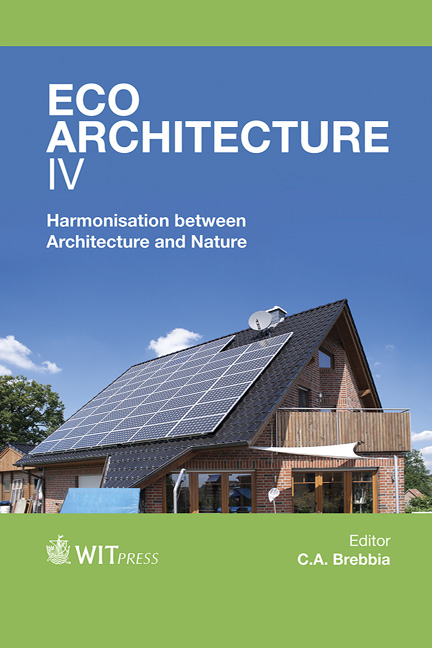Eco-technologies For Retrofitting Social Housing Stock: Strategies For An Italian Case Study
Price
Free (open access)
Transaction
Volume
165
Pages
12
Page Range
375 - 386
Published
2013
Size
1329 kb
Paper DOI
10.2495/ARC120331
Copyright
WIT Press
Author(s)
A. Boeri & D. Longo
Abstract
While there are an increasing number of new projects aiming at combining high residential quality and low power consumption, it is clear that the main challenges in the short term concern the performance upgrading of the existing residential building stock. As a matter of fact, when compared to new buildings construction methods, this kind of intervention reduces the consumption of land and energy and could be applied to a large portion of buildings characterized by low architectural quality and low performances. Social housing stock consumes high energy and does not offer suitable levels of comfort. This type of building is characterized by different variables, ranging from its historical background to the more recent suburban additions, and requires flexible methods of approach to define objectives and modalities of intervention. In Italy, the condition of the existing residential stock is not very satisfactory. Therefore, it is important to define methods of requalification to improve energy and morphological performances of construction. This paper describes the status of some of the Italian high density suburban areas, focusing in particular on a district in Bologna in the Emilia Romagna region (IT). This paper aims at identifying intervention strategies for morphological and energy improvement. Their effectiveness in terms of reducing the energy requirements will be verified with a simulation model of the behaviour of one of the building subject of retrofitting. Keywords: social housing, sustainability, energy saving, retrofitting.
Keywords
social housing, sustainability, energy saving, retrofitting





